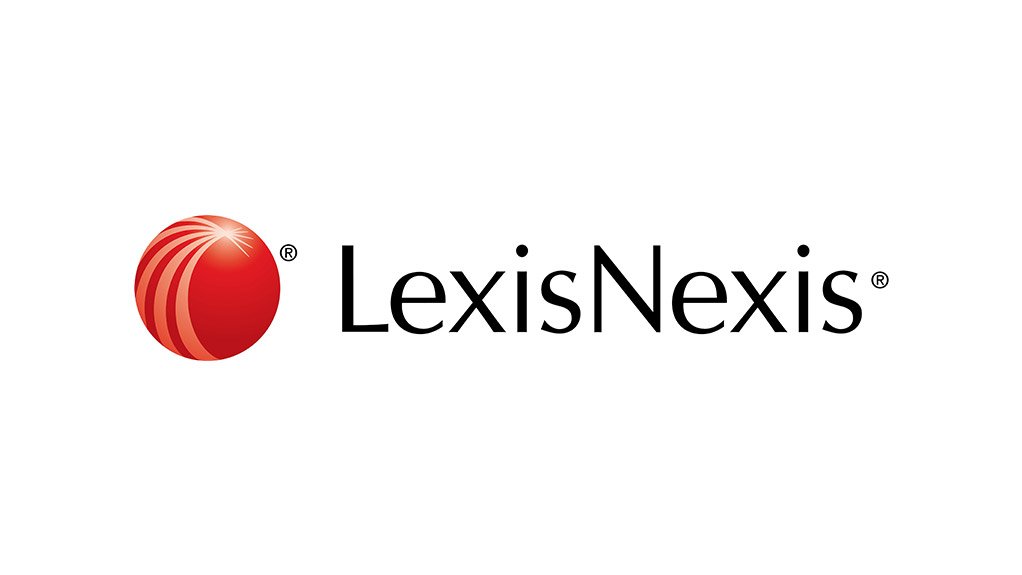Emerging forces in the environment pose a variety of challenges for today’s legal professionals. Attorneys and corporate counsel are expected to keep abreast of increased regulatory complexity in local and global jurisdictions, while clients are facing cost challenges and demanding more competitive pricing and efficient services. As legal information becomes easier to access, so alternative service providers such as legal consultants and legal outsourcing services can often provide similar service for less.
Being knowledgeable as a lawyer is therefore no longer enough of a value proposition on which to build relevance and credibility. Legal experts, be they attorneys or in-house counsel, need access to a wider range of legal information. Nobody can be expected to have all legal knowledge committed to memory, but clients expect practitioners to have access to the answer, and to be able to provide fast, actionable legal guidance.
“Knowing the law is only one part of the process,” says Yoni Balkind, head of Practical Guidance at LexisNexis South Africa. “In the information age, knowledge – which was previously a lawyer’s primary offering – is now a commodity. To have a competitive advantage lawyers need to optimise their information gathering process. It is now about gathering legal information and identifying the best practices efficiently, accurately and fast.”
This is especially true when practitioners seek answers outside of their specialty, where the time required to get an answer becomes prohibitive.
A further challenge in the legal knowledge space is that traditional material can fail to capture the practical aspect of working with the law. The legal profession has traditionally relied on a variety of primary research materials such as legislation and case law, as well as secondary resources such as precedent banks, legal encyclopaedias, text books, academic works and journals. These resources provide an essential base for a theoretical understanding of the law, however, there is a body of practical knowledge that falls outside of these sources. Workflows and best practices are typically learned on the job. Many areas of law have a practical application that is simply not captured in text books.
“In order to address the challenges of processing and storing legal information, some large law firms increasingly rely on separate support functions within the firm such as library managers, knowledge managers and practical support lawyers. Together these roles function to manage information, harvest knowledge and best practices and handle the research requirement in the law firm.
Whilst separating the knowledge management function from other legal work does allow front-line legal practitioners to produce tangible outcomes faster and more accurately, this is not a complete solution. Large firms are under pressure to decrease overheads and to create more streamlined knowledge functions. Small firms and in-house teams seldom have the luxury to consider a dedicated knowledge team, so practitioners are expected to be skilled in legal knowledge management.
This, Balkind explains, is why outsourced practical legal information offerings have emerged globally as a solution to several of these converging trends. Practical law resources take the best of primary and secondary material, pulling together case law, legislation, commentary, and precedents, as well as other material not typically found elsewhere such as decision trees, checklists and policy templates. These are consolidated into guides that highlight prevailing law, set out best practices and workflows, and tackle law from a practical angle.
Practical Law products have become ubiquitous in more developed markets. In the UK and Australia offerings such as Lexis® PSL are well established and respected. LexisNexis South Africa has relied on these offerings as a blueprint to create the first such material tailored specifically for South Africa - Lexis® Practical Guidance.
Authored by leading practitioners from the top legal firms in South Africa, and focusing on the practical application of the law, Lexis® Practical Guidance is an online platform that provides smart, all-in-one guidance for professionals across 31 broad areas of law such as Corporate Governance, Mergers & Acquisitions, Civil Procedure, Competition, IP, Data Protection, Labour, Corporate Finance and many others. Unlike textbooks, Lexis Practical Guidance is structured as a practical guide, focused on best practices, policies and procedures. Short overviews of legal topics provide quick insights which can then be followed by deeper searching through an expansive collection of case law commentaries, legislation, precedents, checklists and additional analyses for users wanting to engage further on a specific topic.
Lexis Practical Guidance is designed to bridge the gap between understanding the law and knowing how it applies, providing the type of knowledge that could previously only be gained from years of real life experience and mentorship. It is designed to aid in house counsel and attorneys at all level of expertise.
For further information or to request a demo, visit: https://www.lexisnexis.co.za/practical-guidance
EMAIL THIS ARTICLE SAVE THIS ARTICLE ARTICLE ENQUIRY
To subscribe email subscriptions@creamermedia.co.za or click here
To advertise email advertising@creamermedia.co.za or click here











